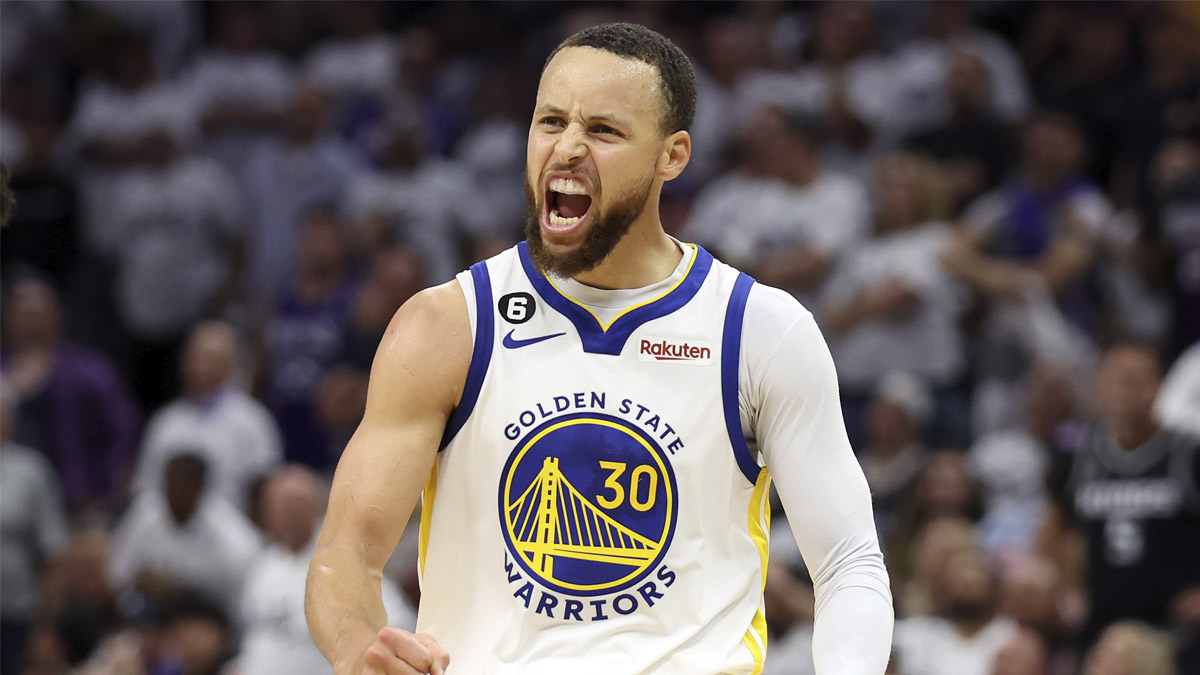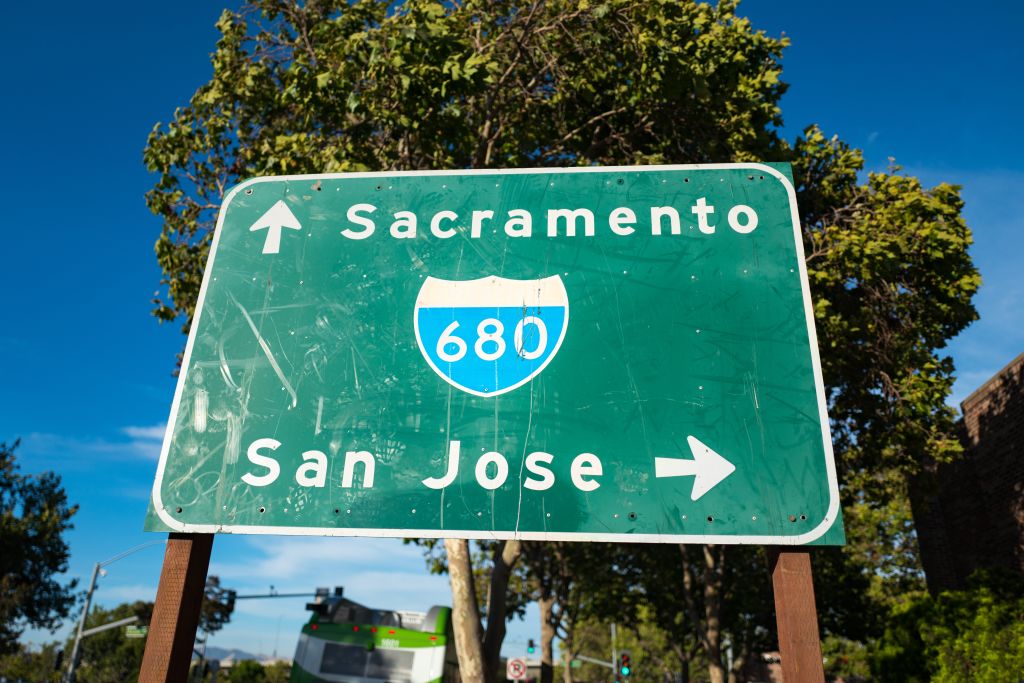San Francisco could make history by electing for mayor the first African-American woman, Asian-American woman or openly gay man in a contest that is also the city's first competitive mayoral race in 15 years.
The winner will inherit a divided city rolling in both wealth and misery as the tech-based boom that defined San Francisco for much of the decade shows little sign of abating. Residents and tourists are horrified by homeless tent camps and human waste on the streets, even as the median home price hit $1.3 million in March. People are cranky over congested streets and vehicle break-ins.
"The soul of the city is being ripped away. San Francisco's a jewel, we're an icon and we're just being torn apart because everybody hates everybody," said Angela Alioto, a former San Francisco supervisor and daughter of a former mayor who is also running for mayor.
The last time San Francisco had a mayor's race without an incumbent was in 2003, and once again, the contest is a battle between so-called progressives and moderates over issues of development, homelessness and quality of life.
The leading candidates in this year's race have compelling life stories:
London Breed, 43, is a native San Franciscan and African-American who overcame a rough childhood to become president of the Board of Supervisors. Supervisor Jane Kim, 40, is the daughter of Korean immigrants and would be the first Asian-American woman elected mayor of San Francisco.
And former state Sen. Mark Leno, 66, who moved to San Francisco in the "disco '70s" as part of an influx of gay newcomers, could be the city's first openly gay mayor four decades after Harvey Milk made LGBT history by winning a supervisor's seat. Milk and then-Mayor George Moscone were assassinated in 1978.
Local
In San Francisco, just about everyone who holds political power is a liberal Democrat. They agree on minority rights, sanctuary for people in the country illegally, and better benefits for hourly workers, but moderates are considered friendlier to corporate interests.
Both Kim and Leno have positioned themselves as the progressive alternative to Breed, who is endorsed by former Mayor Willie Brown, a formidable power broker who pushed the candidacies of former Mayor Ed Lee and before him, Democratic businessman Gavin Newsom in 2003.
Kim says electing Breed would continue the city down the same path.
"We have the fastest-growing income gap between the rich and the poor, we have a shrinking middle class and we're increasingly becoming a city of the rich, the very rich and the very poor," she said.
Leno says the "status quo" has been around for decades and "it's time for some fresh eyes, a new perspective and a new energy."
Lee's sudden death in December pushed up to June 5 a contest that was planned for November 2019. The city's first Asian-American mayor oversaw the city's climb out of recession into prosperity, but critics say he was far too lenient with the tech industry.
Breed describes herself as an independent political thinker, not a pawn of the business lobby. In 2016 she successfully pushed expansive legislation banning foam packaging.
"I ask people to not attribute what I've done, my success and how hard I've worked, to not reduce that or attribute that to someone else," she said.
A former art complex executive director raised by her grandmother in public housing in the Western Addition neighborhood, Breed is heralded as a success story among the city's dwindling black population. African-Americans were furious when progressives on the board removed Breed as acting mayor after Lee's death and named a white man as interim mayor during the pending election.
Leno, who served 14 years in the state Assembly and Senate before he was termed out of office in 2016, was first to enter the mayor's race, long before Lee's death. He was a prolific and respected lawmaker who fought to raise the minimum wage, restrict the use of solitary confinement for juveniles, and legalize gay marriage.
Critics say he's a career politician who won't shake up anything.
Kim is the only one of the four best known candidates to make an issue other than tent camps and homelessness her first to tackle if elected. Instead, the former Chinatown community organizer has promised to double the number of street cleaners. Critics scoff since she represents some of the filthiest parts of the city.
Finally, there's Alioto, a 68-year-old attorney who served as a supervisor in the late 1980s and 1990s. Her father, Joe, was mayor from 1968 to 1976. Alioto is endorsed by the San Francisco Police Officers Association and, if elected, vows to fire city department heads.
Polling shows her a distant fourth but no candidate has a lock on the race.
Complicating matters, San Francisco uses a "ranked-choice voting" system where voters rank candidates in order of preference, whittling them down until there's a winner.
Also on the ballot are Michelle Bravo, a massage therapist; Amy Farah Weiss, a homelessness activist; Republican businessman Richie Greenberg; and Ellen Lee Zhou, a public health worker who opposed recreational marijuana legalization.



